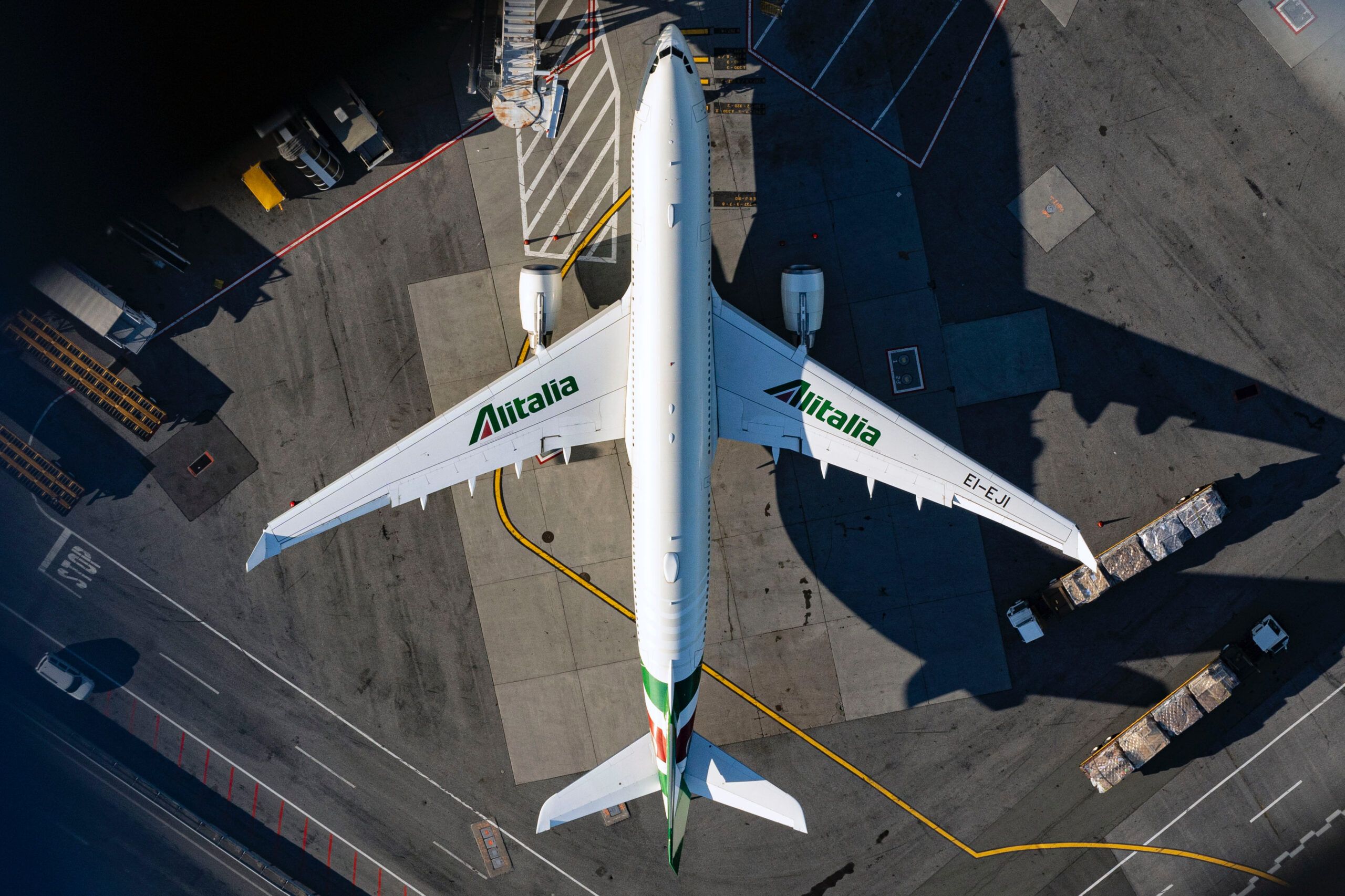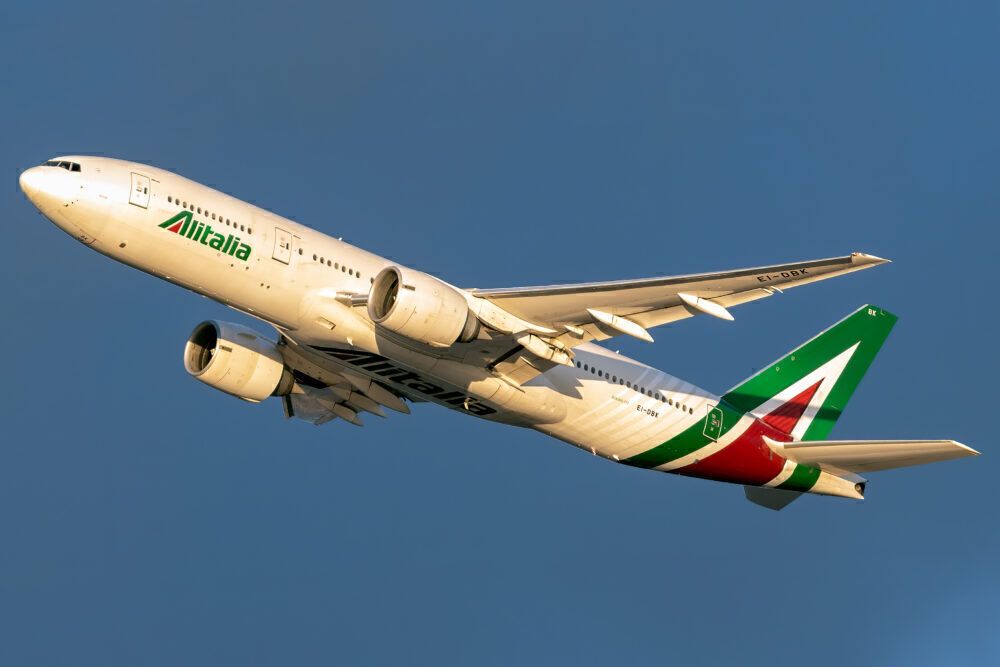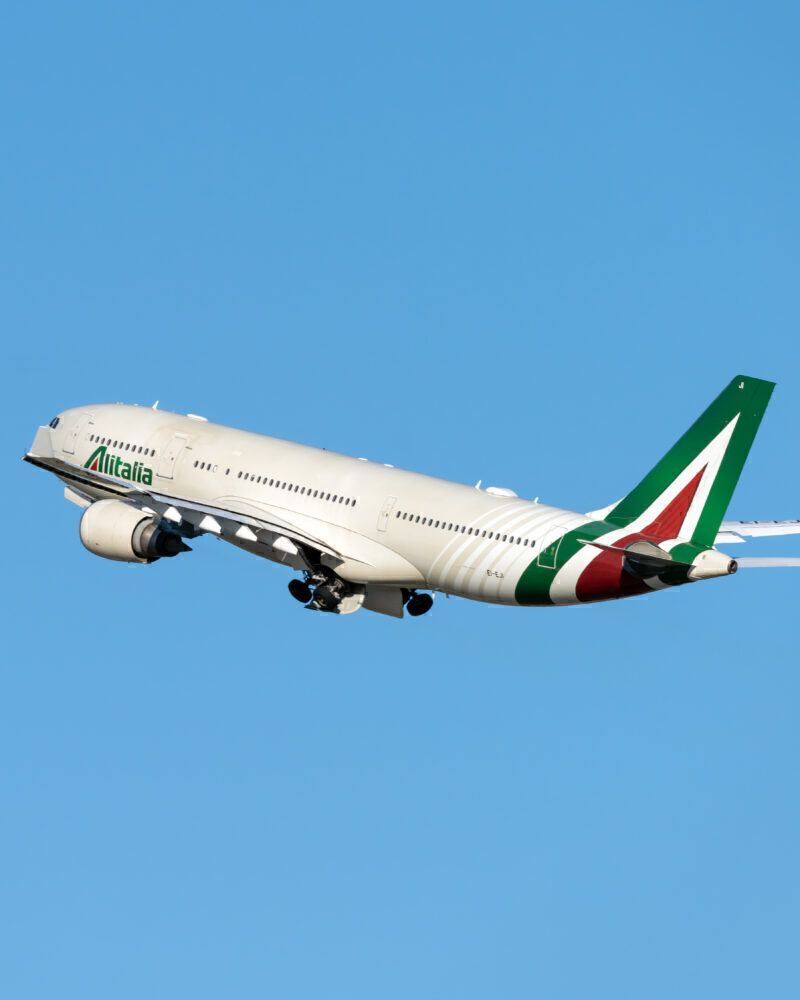This week will be an important one for Alitalia's revival, as discussions between the European Commission and the Italian government will enter a new phase. The two sides have been butting heads over slot possession, as Brussels insists that some of these slots be surrendered by the Italian carrier. The talks continue to drag on while the summer holiday season slowly approaches.
A crucial week for negotiations
According to Reuters, Italian Industry Minister Giancarlo Giorgetti has highlighted that this week's upcoming talks will enter a crucial phase as the Italian government has been negotiating terms of a €3 billion ($3.53 billion) bailout with the European Commission. While the injection of funds is coming from the Italian government, EU approval is still required for such a deal.
The Italian government now oversees Alitalia via a state-owned company named ITA (Italia Trasporto Aereo).
"There is a tug-of-war with Brussels ... in the name of competition, the EU wants (ITA) to free up as many (airport) slots as possible, but this is not in the interest of the new company," -Giancarlo Giorgetti, Italian Minister for Industry
"Italy has not bent to the EU ... this is why talks have dragged on," Giorgetti added. While trade unions claim that the EU has been tougher in this situation than in similar negotiations with Air France-KLM and Lufthansa, the Italian Minister did acknowledge that Alitalia posted a loss in 2019, while Air France-KLM and Lufthansa were profitable over the same period.
Stay informed: Sign up for our daily and weekly aviation news digests.
What is the European Commission demanding again?
In order to approve Italy's rescue of the struggling airline, the EU is requesting the following of ITA:
- Surrender as much as half of its airport slots at Milan city airport
- Drop the Alitalia name and brand to distance itself from its past
- Start without the handling and the maintenance divisions of the old carrier
- Begin operations with just 45 planes and around 4,500 employees. This would be less than half of the 113 aircraft flown by Alitalia in 2019. (Some outlets are reporting ITA will be even smaller with just 43 planes and 2,500 employees.)
Aviation24.be reports that Italian media have already highlighted loss-making operations that will need to be cut. The new airline will need to implement the following:
- Reduce frequencies between Milan Linate and Rome Fiumicino.
- A full severance of loss-making routes such as Bologna-Catania, Genoa-Olbia, or Alghero-Trieste.
- Ending intercontinental routes to Santiago de Chile or Seoul. Combined, these routes recorded a loss of €28 million ($33 million)
- Abandoning flights between Rome and Pisa or Milan and Trapani
Hopefully, the two sides can reach an agreement this week. With the summer season coming quickly and COVID-19 vaccinations ongoing, there is likely to be some pent-up demand that the new Alitalia will be able to cash in on.
Do you think the EU is demanding too much of the restructured Italian airline? Or are these major changes necessary to make its operations profitable? Let us know by leaving a comment.



